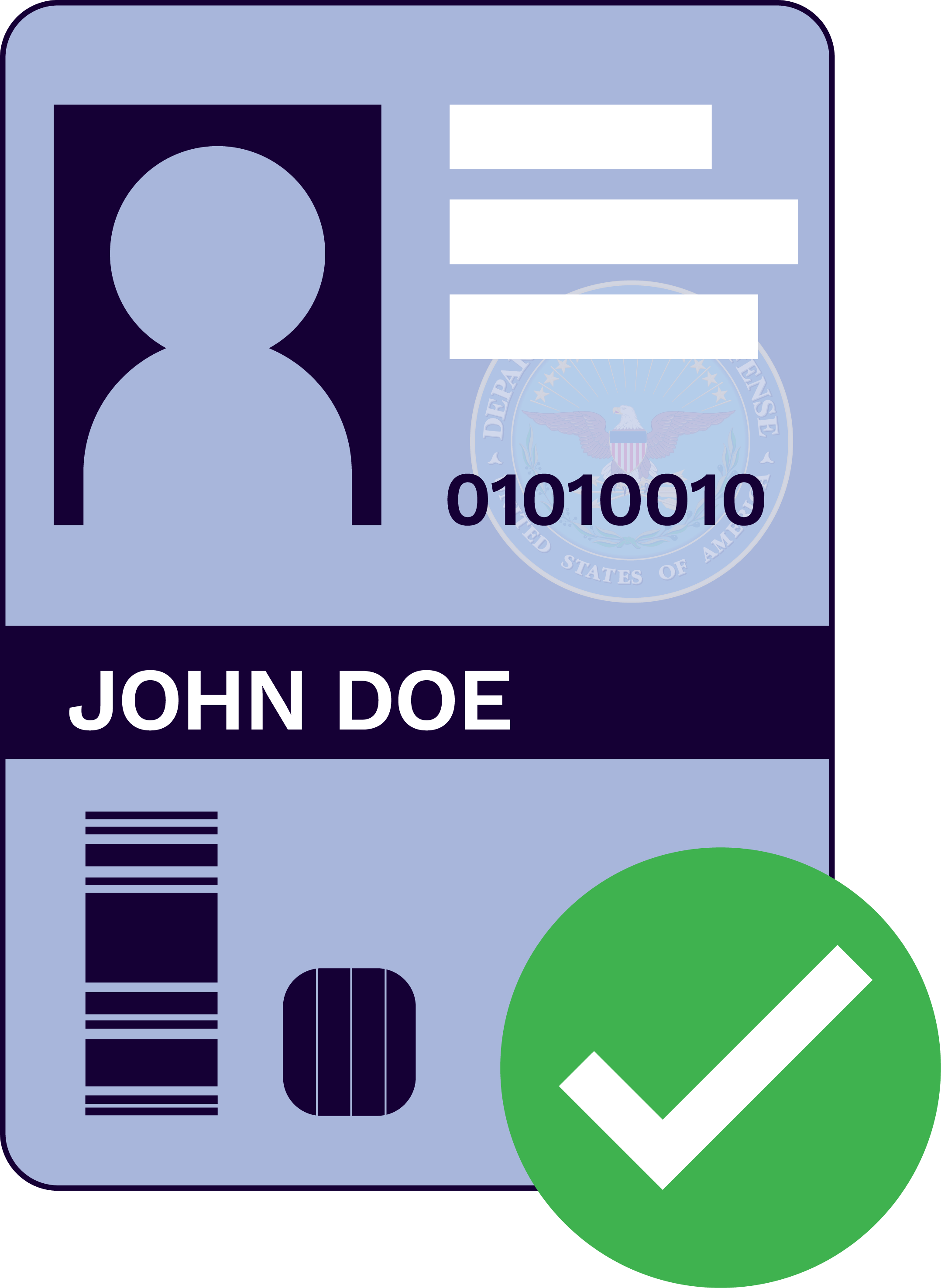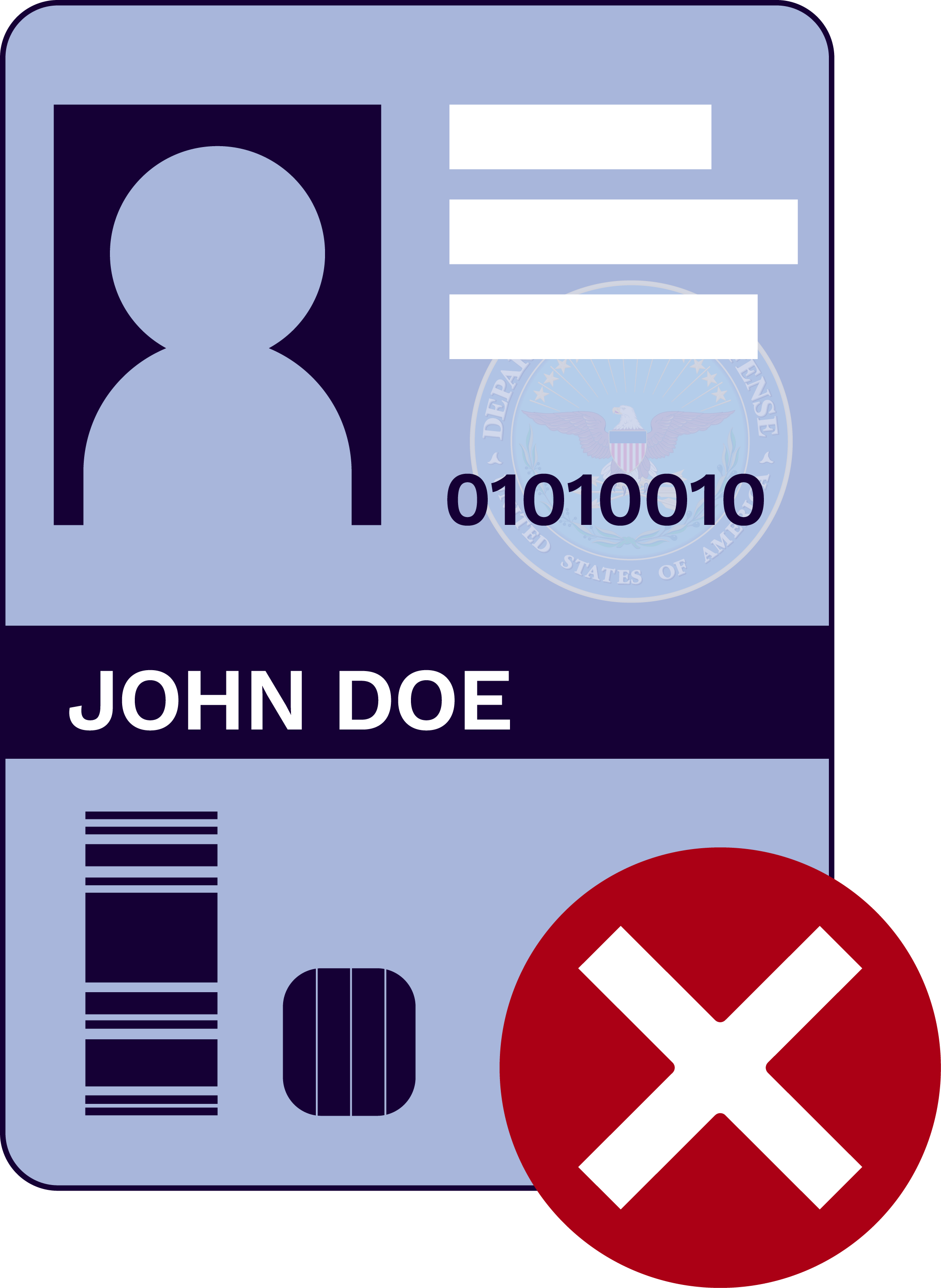The SLATE Software Package includes both unclassified and classified applications. The unclassified package will be available for download from your DSIAC profile upon verification and includes one (1) download (fits on a DVD). The classified package is SECRET//NOFORN will be provided on one (1) DVD via classified postal mail upon verification.
The SLATE user documentation includes:
- User Manual: The SLATEv1.1.1 User Manual provides details of user modes and widget features. This manual is provided with the DSIAC software release and is available on the JASP Wiki page within the Modeling and Simulation section of SLATE. The Wiki page is CUI protected: https://www.dodtechipedia.mil/dodwiki/display/JAS/SLATE.
- Capability Report: The SLATEv1.x Capability Report provides a summary of ACEL simulation player functions, survival/kill chain, survival/kill chain links, servers, and distributed interactive simulation features.
- Software Change Requests: Users may submit Software Change Requests to the DSIAC web site: https://scr.dsiac.org/projects/SLATE. SLATEv1.1.1 application release is provided as a binary application on Windows, both unclassified and classified.
DISTRIBUTION STATEMENT D. Distribution authorized to Department of Defense and U.S. DoD contractors only, Critical Technology, 5/31/2023. Other requests for this document shall be referred to 704 TG/OL-AC, 2700 D Street, Bldg. 1661, WPAFB, OH 45433-7403. 937-255-6302.
WARNING – This document contains technical data whose export is restricted by the Arms Export Control Act (Section 2751 of Title 22, United States Code) or the Export Control Reform Act of 2018 (Chapter 58 Sections 4801-4852 of Title 50, United States Code). Violations of these export laws are subject to severe criminal penalties. Disseminate in accordance with provisions of DoD Directive 5230.25 and DoD Instruction 2040.02.





